Stomatitis in Cats: Causes, Symptoms & Treatment
20.03.2022.
Oral health and dentistry is an area of veterinary medicine that is often overlooked or undervalued. Many cats do not receive the benefit of regular tooth brushing or routine dental cleanings, and veterinarians frequently see a variety of oral health issues during physical examinations. Some of those issues are periodontal disease, gingivitis, and missing teeth. Cats, on the other hand, can suffer from a condition known as feline stomatitis, which affects their mouths. Here's what you should know about stomatitis in cats.
What exactly is stomatitis in cats?
Stomatitis is a broad term for extensive, chronic, and painful inflammation of the mouth in cats. Stomatitis is classified into two types. The first type involves inflammation of the gums around the teeth; the second type, known as caudal stomatitis or faucitis, affects the back of the mouth where the upper and lower jaws meet. Up to 10% of cats suffer from feline stomatitis.
What causes stomatitis in cats?
The cause of stomatitis in cats has yet to be completely uncovered by researchers. They know affected cats have altered immune function, but they don't understand why. Viruses, bacteria, and periodontal disease are all thought to play a role in the disease. Still, researchers aren't sure what causes affected cats' immune systems to go haywire in response to plaque and bacteria.
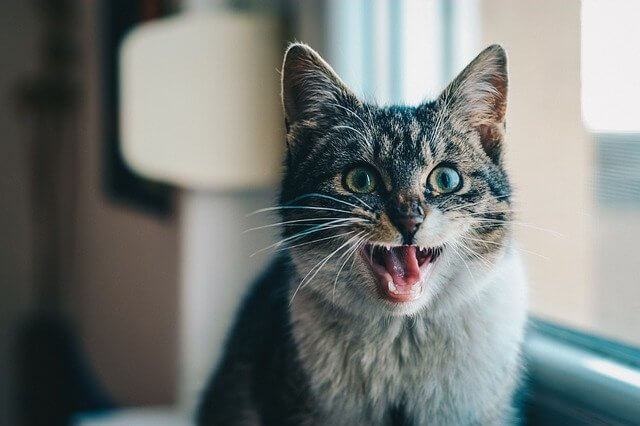
RELATED: Bordetella Vaccine for Cats - Dosage, Administration & Side Effects
According to some research, there is a link between stomatitis and calicivirus. This virus causes upper respiratory disease in cats. Viruses that affect the immune system, such as feline leukemia virus and feline immunodeficiency virus (cat HIV), could also be involved. All scientists are certain about is that affected cats have an abnormal reaction to plaque and bacteria, resulting in excessive inflammation in the mouth.
What are the symptoms of stomatitis in cats?
Stomatitis causes the affected areas of the mouth to be bright red, bleed easily, and have a "cobblestone" appearance. This condition in cats is excruciatingly painful, and they frequently have difficulty chewing and eating. They may lose weight, develop bad breath, drool, experience oral bleeding, and paw at their mouths. These cats may also have a scruffy coat as a result of poor nutrition and decreased self-grooming. The following is a list of the most common stomatitis symptoms in cats;
- Bad breath, also known as halitosis
- Snarling at food
- Drooling
- Inappetence
- Loss of weight
- Grooming has been reduced.
- Reclusiveness
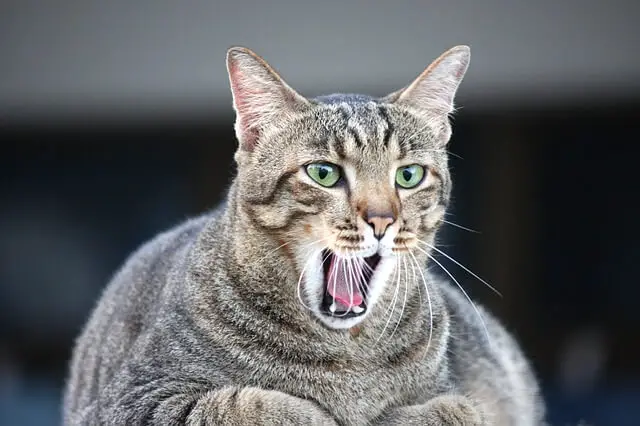
How is this condition diagnosed?
There is no specific test for cats with stomatitis. A cat's health history and a physical examination are used to make a diagnosis of stomatitis. Additional tests, such as feline leukemia virus and feline immunodeficiency virus tests, routine bloodwork, and urinalysis, may be recommended by your veterinarian. Other conditions that cause inflammation in the mouth, such as tooth resorptive lesions, liver disease, kidney disease, and cancer, can be ruled out with these tests. Dental X-rays and a thorough oral examination are usually recommended as well. Depending on what your veterinarian discovers during the oral exam, they may recommend a biopsy to uncover more information.
RELATED: 7 Helpful Cat Grooming Tips
How is stomatitis in cats treated?
Treatment for feline stomatitis is determined by a variety of factors, including the severity of the disease and the cat's response to therapy. There is no unique treatment for feline stomatitis because no one knows what causes it. There are, however, numerous ways to help manage the disease.
If your cat has feline stomatitis, getting them regular veterinary and dental care gives them the best chance of surviving the disease. Because stomatitis is so painful, the first step in treatment is to use medication to alleviate the pain. Antibiotics may be prescribed if your cat has an oral infection. Because periodontal disease is linked to stomatitis, your vet will most likely recommend yearly dental care for your cat, including dental X-rays and thorough cleaning. That is even a good idea for cats who aren't currently experiencing oral health issues.
Cats' long-term outcomes vary depending on how well the disease is managed. Even with dental care, many cats with stomatitis require long-term anti-inflammatory medication as well as antibiotic therapy on occasion to control the inflammation.
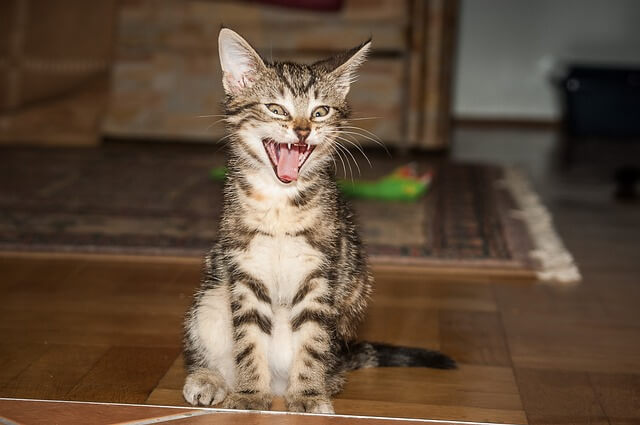
If your cat does not respond well to medical treatment, your veterinarian will most likely recommend a tooth extraction. Teeth provide a surface for bacteria to colonize, causing the immune system to overreact; removing teeth eliminates the possibility of bacterial colonization. Cats who have their teeth extracted usually only have their molars and premolars extracted. Overall, cats respond well to this procedure. Once they completely heal, they start eating a lot better. In fact, some cats can eat dry food without using their teeth.
What is the prognosis for stomatitis?
According to studies, 90 percent of cats who have partial or full-mouth tooth extractions have complete symptom resolution.
Cats that eat hard kibble should be transitioned to canned food prior to surgery. The goal is to keep them on a softened diet for at least two to three weeks after tooth extractions.
Your veterinarian can prescribe an appetite stimulant if your cat is hesitant to eat in the first few days after surgery. Your veterinarian will also provide you with medications to take home for post-operative pain and inflammation management.
RELATED: How Often Should I Take My Cat to the Vet?
Many cats are willing and able to eat kibble again once the gum tissue has healed. And once their mouth is free of the pain and inflammation caused by stomatitis, owners often notice an immediate improvement in the cat's attitude, appetite, and quality of life.
World Cat Finder Team

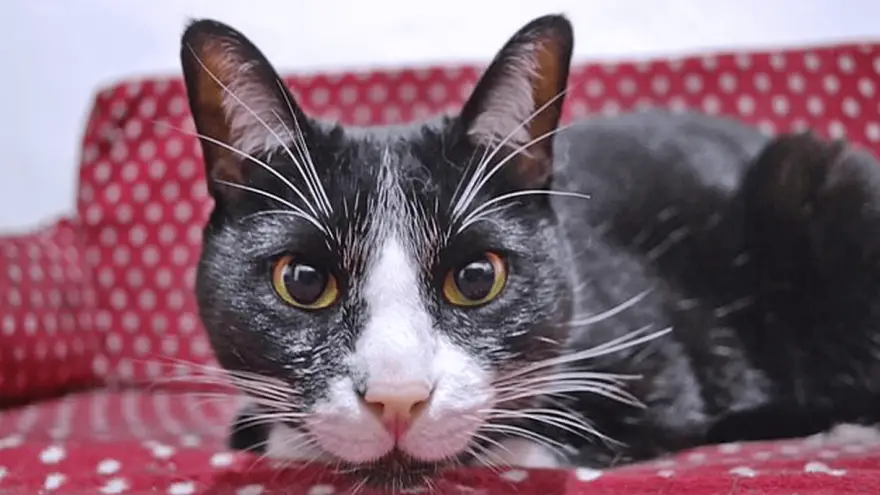
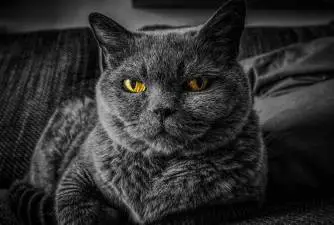
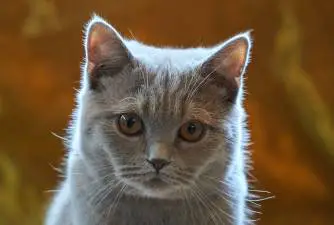



Share